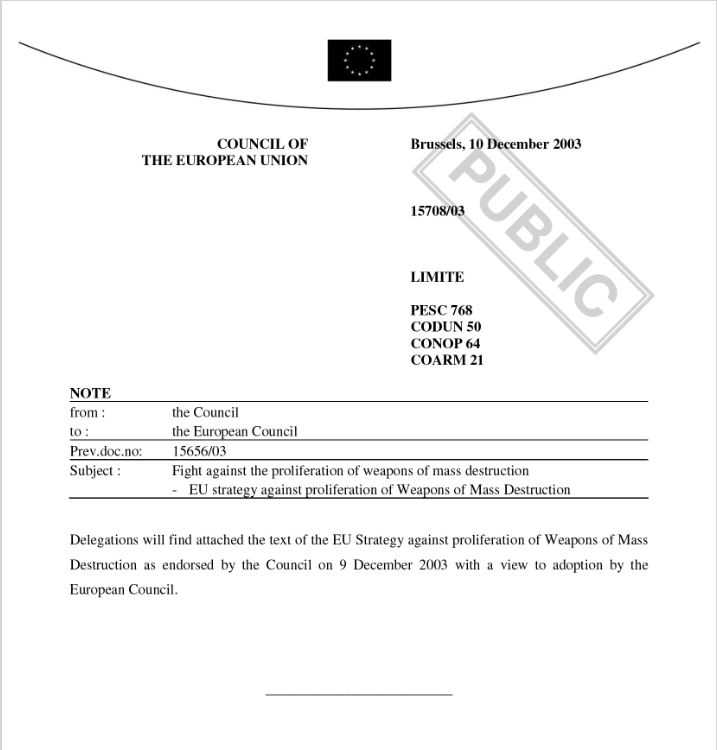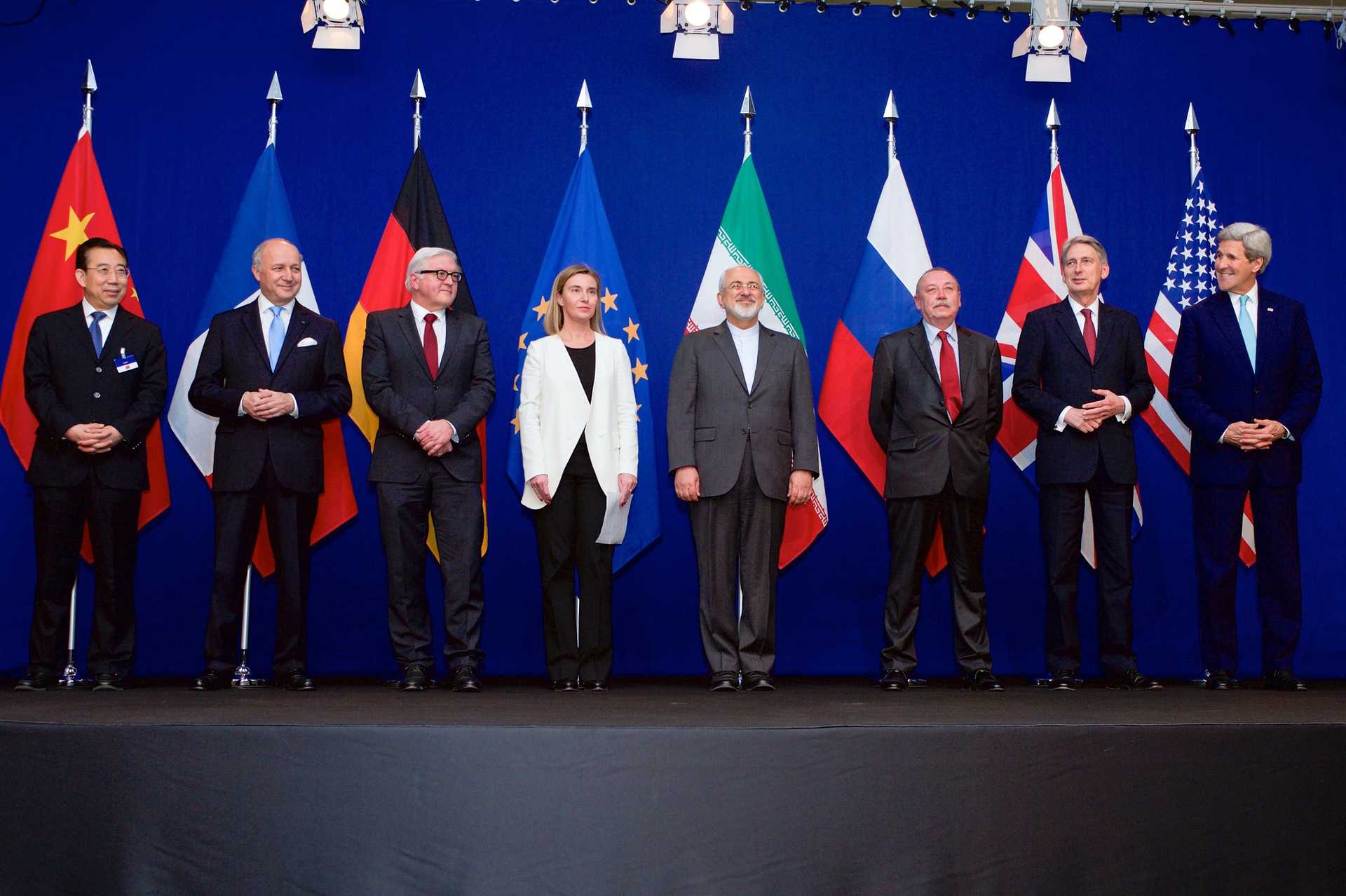The EU itself is not a party to arms control agreements, but it has been committed to the disarmament and non-proliferation of biological, chemical and nuclear weapons for many years.

In as early as 2003, the EU adopted the EU Strategy against Proliferation of Weapons of Mass Destruction, and it has since provided technical, diplomatic and financial support to the pertinent regimes, including in areas relevant to compliance.

For instance, the EU has stated its support for strengthening the Confidence-Building Measures (CBMs), for other transparency measures and for the addition of verification measures to the BWC. In the field of chemical weapons, the EU has not only expressed its strong condemnation of chemical weapons attacks and its support for the compliance measures directed against Syria, but it has also enacted its own sanctions against Syrian individuals and entities assumed to be connected with the Syrian chemical weapons programme under the Assad government. The measures included ‘asset freezes and travel bans of persons and/or entities directly responsible for the development and use of chemical weapons as well as those who provide financial, technical or material support, and those who assist, encourage or are associated with them’ (EU website). Similarly, the EU played a significant role in connection with the Joint Comprehensive Plan of Action (JCPOA): It imposed a comprehensive package of sanctions against Iran, which has had a massive impact on the Iranian economy. After the JCPOA was negotiated, concluded and approved by the UNSC in Resolution 2231 (2015), as part of the implementation of this resolution the EU also adopted legislative acts or decisions that included a (partial) lifting of sanctions against Iran. Moreover, the High Representative of the EU acts as a coordinator in the negotiations related to the JCPOA.
